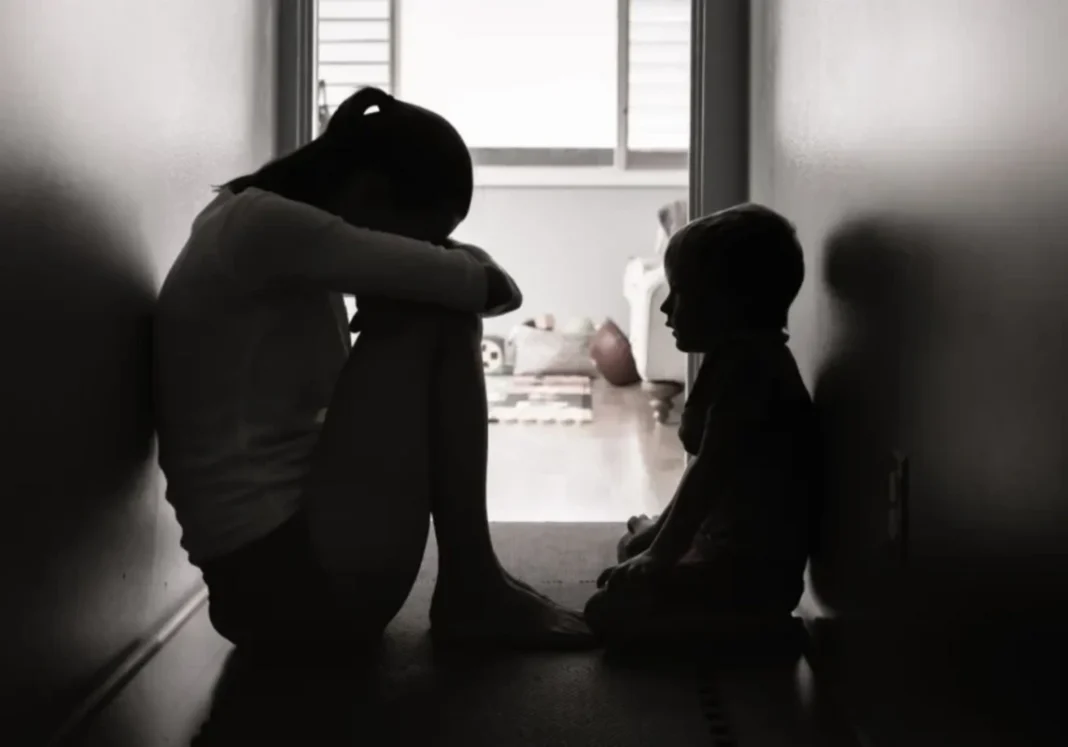In the first half of 2024, 13,228 children were born to women not officially registered in marriage, according to new data released by the State Statistics Committee in its annual digest, Azerbaijan in Figures. Of these births, 5,158 occurred in urban areas and 8,070 in rural regions — a figure that accounts for 12.9% of all live births during the period.
A Slight Drop Since 2022, But Numbers Remain High
Although there has been a slight decrease compared to recent years, the number remains high. In 2022, 18,000 children were born out of wedlock, falling to 15,622 in 2023.
Rafiq Mahmudov, a senior advisor and legal expert at the State Committee for Family, Women, and Children’s Affairs, noted that efforts to reduce early marriages have yielded results. For example, a legal loophole allowing underage marriage (one year below the legal age of 18) has been closed. Starting July 1, 2025, 18 will be the absolute minimum age for marriage, with no exceptions.
Religious Ceremonies Without Legal Marriage on the Rise
Mahmudov warned that one of the main drivers of out-of-wedlock births is the growing trend of couples prioritizing religious ceremonies over official registration, which is illegal in Azerbaijan. Clerics who perform marriages without state documentation could face administrative or even criminal penalties. Authorities are actively investigating such cases.
“Modernity” and “Freedom of Choice” or Erosion of Family Values?
Mahmudov also pointed to the role of popular media, social platforms, and influencer culture in reshaping perceptions. What was once frowned upon is now portrayed as modern and “freedom of choice,” he said — especially in content influenced by European lifestyle models. The growing normalization of single-parent families, he added, can lead to psychological and cultural gaps in child development.
Legal Vulnerabilities: Women and Children at Risk
Because these marriages are unofficial, women and children often lack legal protection. There are no legal divorce proceedings — partners can simply separate. Property disputes, inheritance issues, and court-ordered child support can become complex or impossible to resolve, especially when a child’s father is not legally documented.
Mahmudov stressed that official marriage is key to protecting the legal rights of women and children, and that the state is committed to strengthening the family unit — seen as the foundation of society.
Why Are Young People Avoiding Legal Marriage?
Kamala Ashumova, Executive Director of the “Hopeful Future” NGO and member of the Public Council under the Ministry of Science and Education, says many young people are avoiding marriage due to fear of legal and financial responsibility. Men, in particular, worry about potential alimony or property claims. Rising divorce rates have also discouraged some from formalizing their relationships.
Women may agree to such arrangements due to economic dependence or limited legal awareness, and in some cases, early marriages take place without ever being legalized, even after years.
Call for Legal Reforms and Awareness Campaigns
Ashumova argues that there’s a need for legal reforms and social programs that secure the rights of unmarried mothers and their children, and hold men accountable. She called for:
Local advisory and legal support centers, especially in rural areas
Stronger public education on the legal significance of marriage
Expanding reproductive health and legal literacy classes in schools
Incentives to encourage legal marriage, including benefits and outreach on social media
Tougher penalties for religious-only marriages without state registration
Easier access to paternity testing to resolve legal parentage
“A Dangerous Trend” for the Country’s Future
Mehriban Zeynalova, head of the Clean World Women’s Aid NGO, warns that if religious-only unions become normalized, official marriage rates may continue to fall, with long-term negative consequences. She pointed out that undocumented children often face barriers to education, health care, and inheritance rights. Women may struggle to prove paternity and access child support.
Punishments May Be Necessary
Sociologist Mail Yaqub said that a combination of public education and penalties may be needed to curb the trend. In rural areas especially, people often lack legal awareness and don’t see the necessity of registering marriages.
He emphasized that unofficial births make government planning more difficult, since such children aren’t always counted in official population figures. This creates long-term social and policy challenges.
Yaqub proposed potential fines or legal penalties for parents of children born outside legal marriages:
“These numbers are rising. We need clear mechanisms to prevent further erosion of legal norms and ensure children’s rights are protected.”


